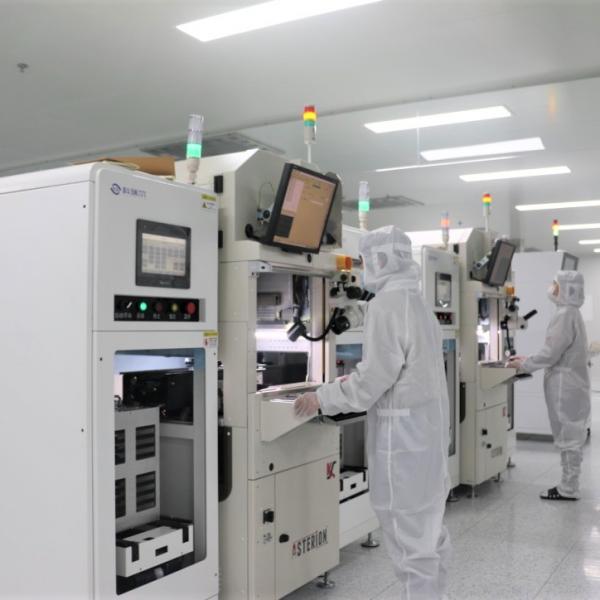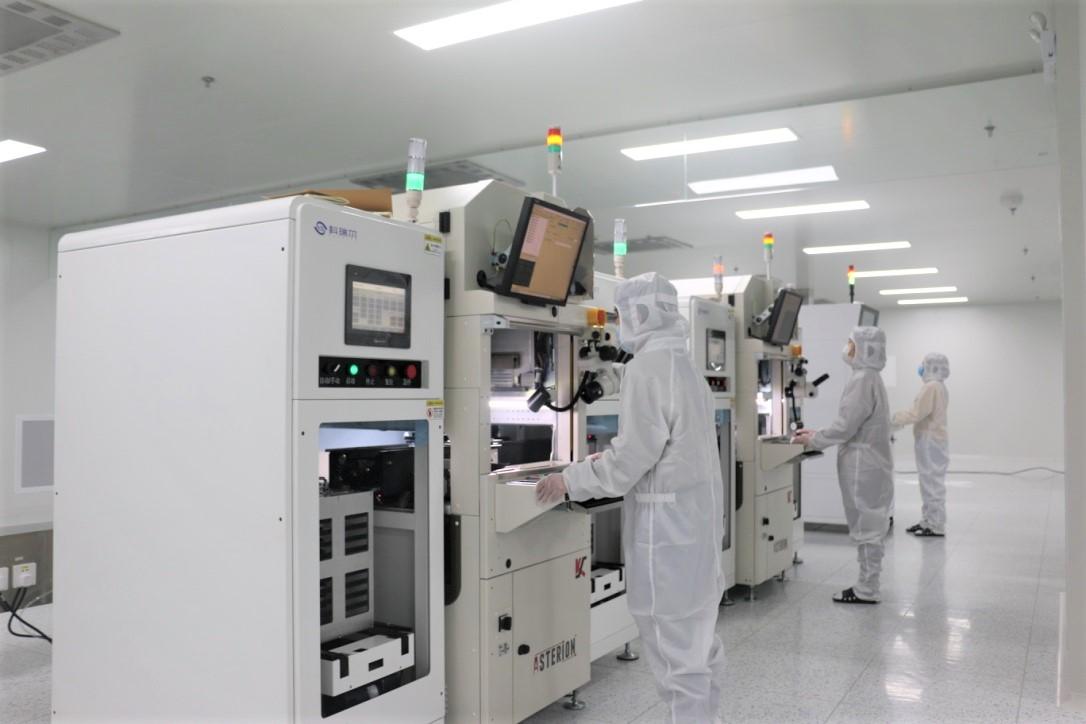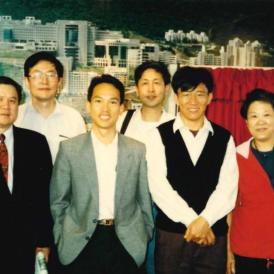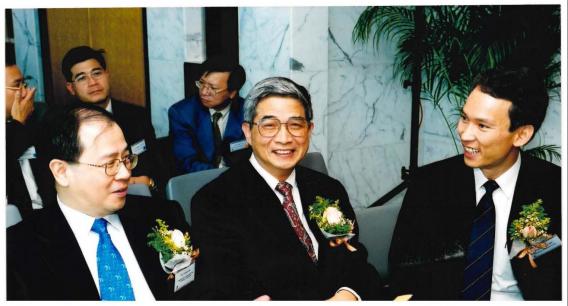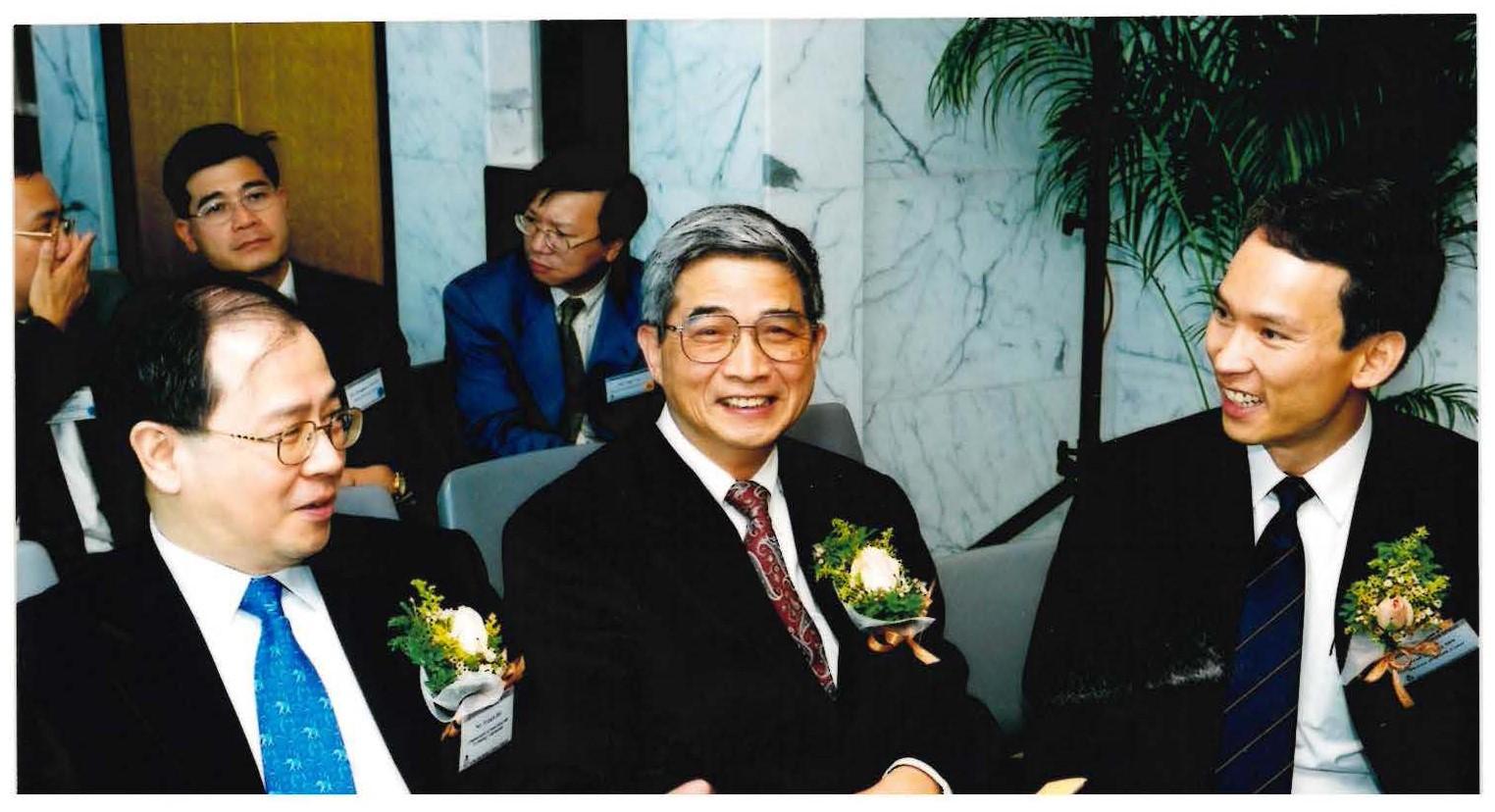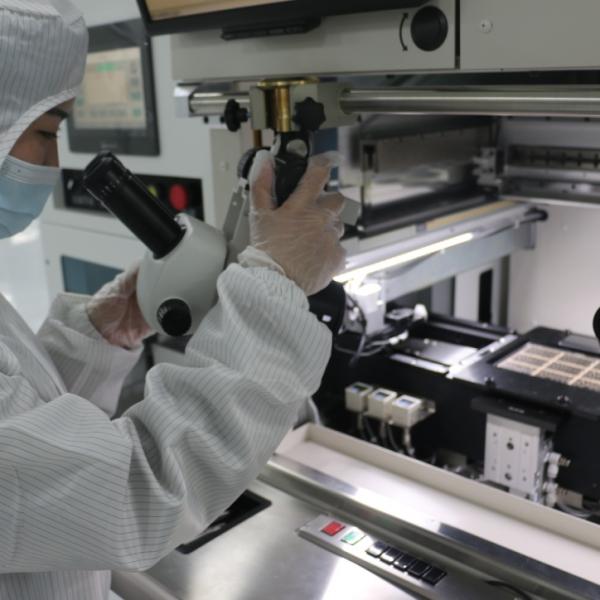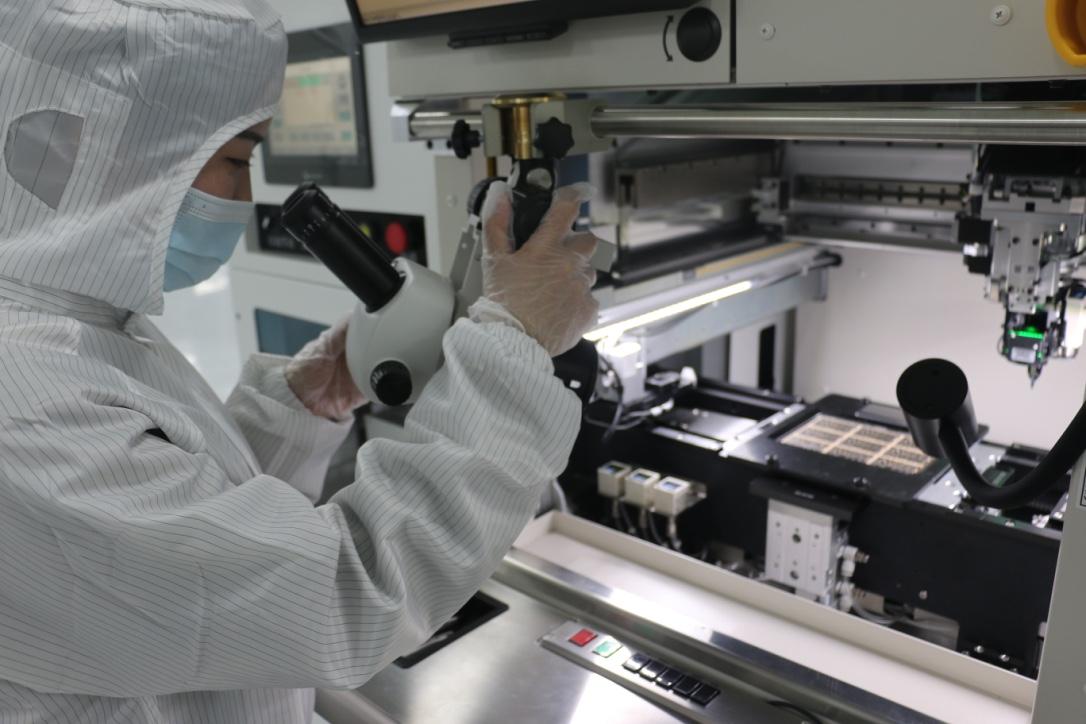Stepping Up the Semiconductor Game
Despite being the world’s largest consumer of power semiconductors, China is facing considerable challenges in the global chip race as the country is still very much reliant on foreign technologies.
Prof. Johnny SIN, an academic-entrepreneur from the Department of Electronic and Computer Engineering at HKUST, saw the potential to help the country realize its goal of becoming self-sufficient in semiconductors. In 2016, he founded JSAB Technologies, a tech company specializing in the research and development, design, and sales of power semiconductor components, in the hope of shoring up the country’s semiconductor capabilities and performance standards.
Proprietary tech to shoot for the stars
JSAB – short for Johnny Sin And Buddies – was formed at the invitation of mainland power semiconductor industry leaders, who were already conscious that their chips were low-tech, low-margin, and their strategies prone to price wars as a result of their dependence on foreign companies.
As a research-based company, JSAB attaches great importance to the development and application of its own patented technologies. One of the many examples includes the development of a type of power semiconductor device that increases over 30% of the current density, therefore boosting the device’s energy efficiency.
Power semiconductor parts are responsible for precisely controlling the transmission and distribution of electrical energy from the source to the device. They are now ubiquitous in our everyday life — either found inside our home appliances, powering consumer electronics from toothbrushes to drones, propelling automobiles which are becoming increasingly electronized, or converting power for renewable energy.
“For years, western companies dominate the industry for the simple fact that they started a lot earlier than us, and we’re only catching up now,” he admits. “But we have learned many good lessons from the past, and our products are getting increasingly competitive.”
Today, JSAB produces and offers three types of highly sought-after power semiconductor parts, including Metal-Oxide-Semiconductor Field Effect Transistor (MOSFET), Insulated-Gate Bipolar Transistor (IGBT), and silicon carbide (SiC) devices, with each available in different voltage and specifications to serve the needs of a wide range of applications.
The company’s high voltage products are applied in high-speed train, electric vehicles, renewable energy, industrial control, and others, while the low voltage products are mainly used in 5G base stations, power conversion, green household appliances, consumer electronics, among others.
In a collaboration with Prof. LI Zexiang of the same department at HKUST, JSAB’s power chips have been used in Googol’s robotics products since last year. Run by Prof Li, Googol is the first hi-tech company in Asia Pacific focused on motion controllers and controller-based systems.
Response from investors has also been promising and overwhelming. In March, the semiconductor power device manufacturer announced that it had obtained a Series B financing of over RMB$180 million (about US$30 million).
“We’re much encouraged by the new round of financing and very proud of our products. It’s given us a lot of confidence that our technologies are promising and competitive,” Prof. Sin says.
In addition to accelerating the company’s product research and development, the funds will also enable the company to develop an IGBT module packaging plant and expand its sales and marketing team in the hope of supporting its goal to double its revenue every year in the near future.
A lifelong love of microelectronics
Born in Hong Kong, Prof. Sin received bachelor, master, and doctoral degrees, all in Electrical Engineering, from the University of Toronto in Canada. He joined Philips Laboratories, New York, USA, upon the completion of his PhD studies, and was a senior member of the research staff there from 1988–1991.
He joined HKUST’s Department of Electronic and Computer Engineering in August 1991 as an assistant professor and was promoted to full professor in 2001.
In 2020, he was inducted into the IEEE International Symposium on Power Semiconductor Devices and ICs (ISPSD) Hall of Fame (IHF) 2020, "for contribution to design and commercialization of power semiconductor devices and his leadership role in organizing ISPSD conferences".
“I majored in microelectronics throughout my university studies, and now I’m still working in the same field after 40 years. I have built up my expertise this way, and I’m still intrigued by the practical nature of microelectronics,” he says.
The other thing he treasures about his role is the ability to make practical changes in society with his creations on the entrepreneurial front, with JSAB growing from only comprising him and a few students to close to 100 people now.
He credits the strong support from the Hong Kong government’s Innovation and Technology Commission (ITC), the HKUST’s Entrepreneurship Center, and Hong Kong Science and Technology Park (HKSTP) for backing JSAB’s rapid growth over the years. The Commission’s Enterprise Support Scheme (ESS) and the HKSTP’s Elite Program has given JSAB over HK$20 million worth of funding support.
“HKUST has given me the perfect place to pursue what I want to. Top facilities, beautiful campus, supportive colleagues, effective systems, and wonderful implementation are just some of the reasons why I’ve stayed for more than 30 years here,” he affirms.
“Of course, it also helps that I’m doing what I love, and I’m living my dream. That’s what I advise my students as well. Do what you love — and you have to love it, not just like it.”

